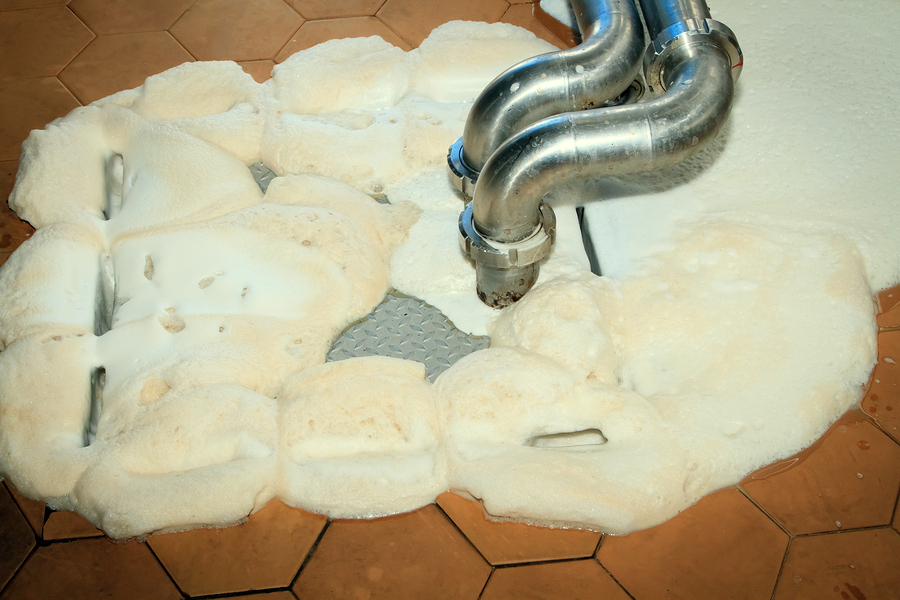
The process of brewing beer creates waste products that municipal water treatment plants can't handle without help.
On average, big brewers produce 7 to 10 gallons of wastewater, also known as effluent, for every gallon of beer they brew. Among craft brewers, that number is closer to 3 gallons of wastewater per gallon of beer, and many craft brewers seek to reduce that number even further. Here are some of the techniques they are using to accomplish their goals of minimizing waste and reusing effluent in the beer-making process.
After the beer-making process, the wastewater contains high levels of organic compounds including spent grains or carbohydrates, sugars, yeast, and proteins. These solids would cause problems if they were dumped into the sewer system of most municipal water treatment plants because of the sheer amount of them that would enter the system.
In order for a brewery to safely release their wastewater into their city's treatment system, they need to first remove most or all of these solids. There are several safe and eco-friendly ways to do this.
Anaerobic Treatment Produces Clean Effluent and Usable Biogas
One way to produce effluent clean enough to enter a water treatment plant is to treat it with microbes in a closed system - which means it is treated without oxygen, or anaerobically. Microbes consume the organic waste and turn it into biogas (methane) and carbon dioxide. The CO2 can be safely released into the atmosphere, and the methane can be used to generate power for the brewery. The effluent that is left can be safely treated by the city's water treatment facility.
Anaerobic processes are often used together with aerobic (oxygen-based) water treatments for the greatest benefits. Other breweries have also used cleaned wastewater for washing trucks or rinsing the beer bottles or cans after the brewing process is complete. The Oregon Brew Crew is even seeking permission to purify wastewater from the city's water supply and use it to make beer. Currently, using purified wastewater in this way is prohibited in Oregon.
Spent Grains Can Feed Local Cattle
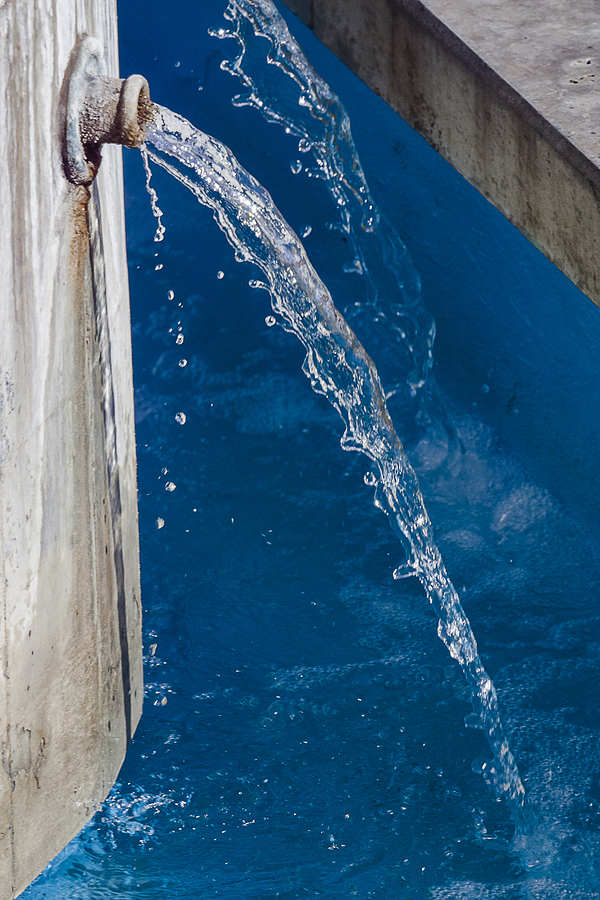
Using processes like anaerobic treatment and removing spent grain, breweries can make their wastewater acceptable for municipal treatment.
Another way to help wastewater be cleaner is to remove the spent grains (hops and barley malt) from it before it is treated. These grains can be used as cattle feed. Many larger breweries sell their spent grains to farms for this purpose, but craft breweries typically don't produce enough volume to sell it, so they give it away. One craft brewery, Fegley's BrewWorks in Allentown and Bethlehem, PA, has an arrangement with a local farm to give their spent grains to the farm for cows to eat, then purchase some of the beef for use in their area restaurants.
As craft breweries focus more on sustainable practices that benefit the environment, companies are springing up to help breweries navigate their ever-changing wastewater treatment options. From national companies like Birko to regional ones like Ohio's Consolidated Treatment Systems, breweries now have plenty of assistance in figuring out what kind of wastewater treatment will work best for their needs.

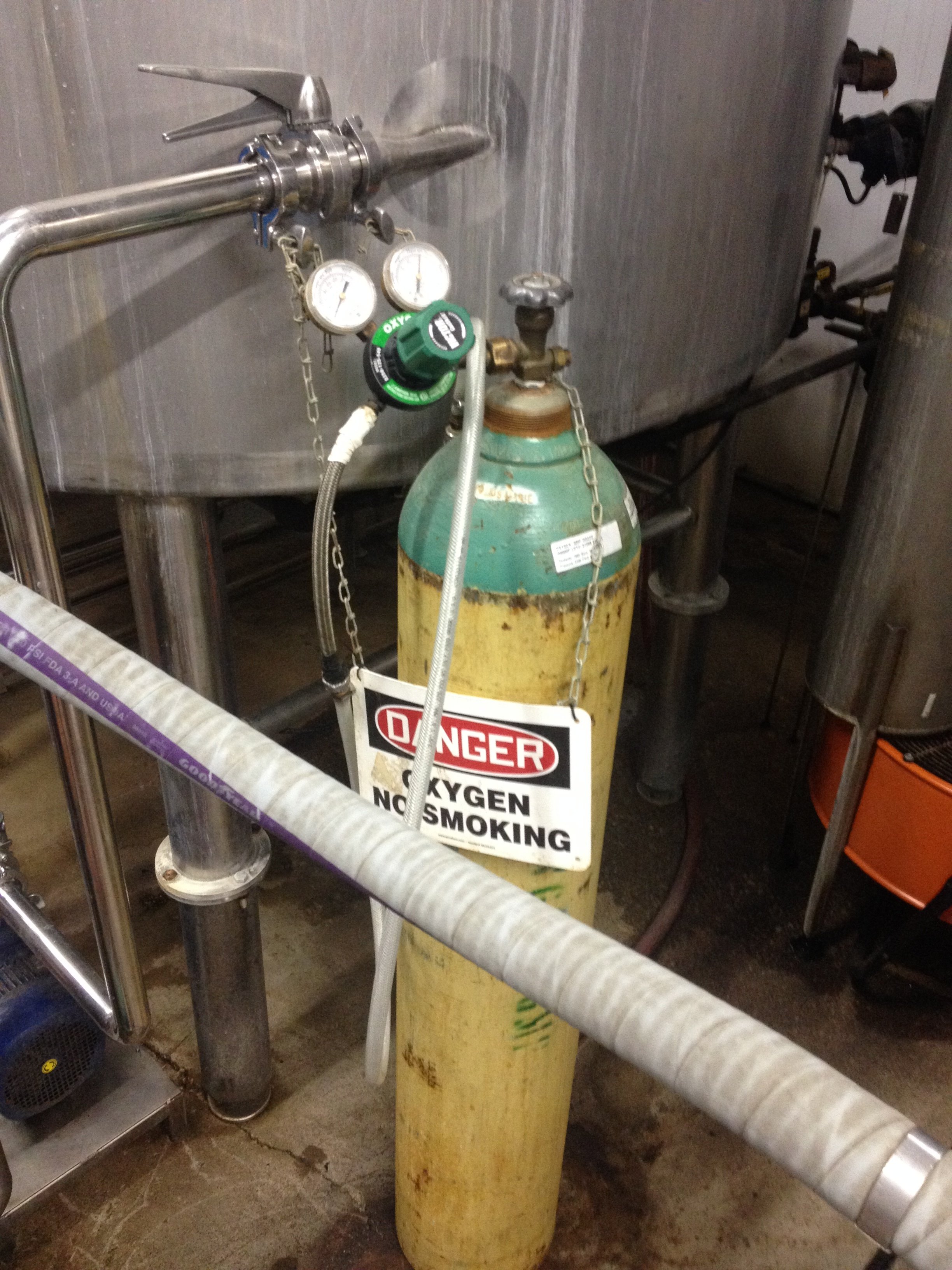
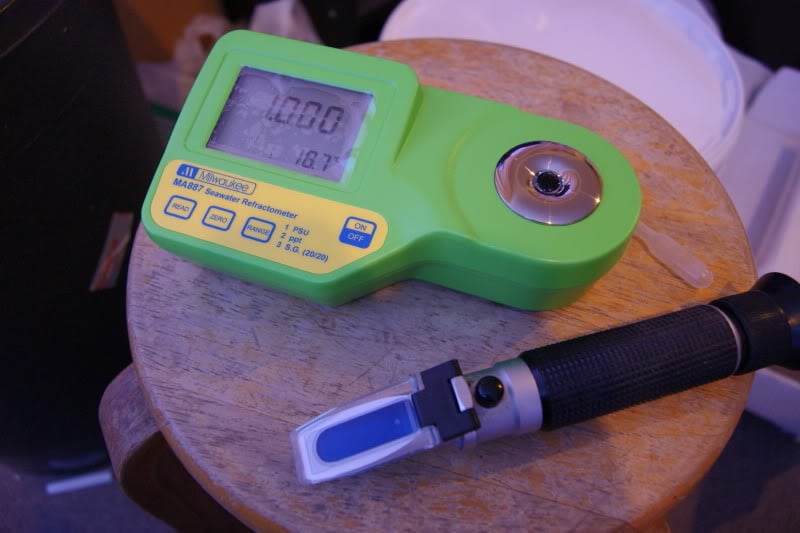
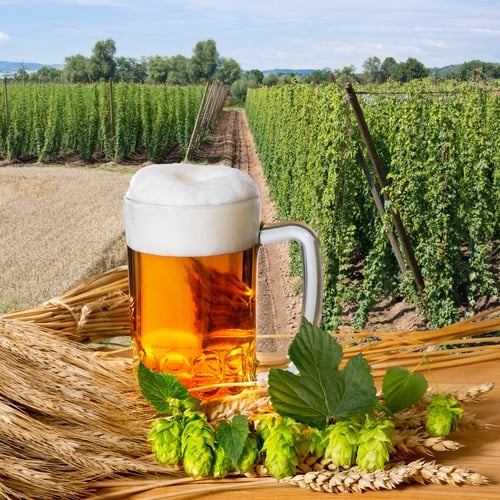
.png?width=2254&height=703&name=longitude_logo_final_transparent%20(1).png)
Share This Post